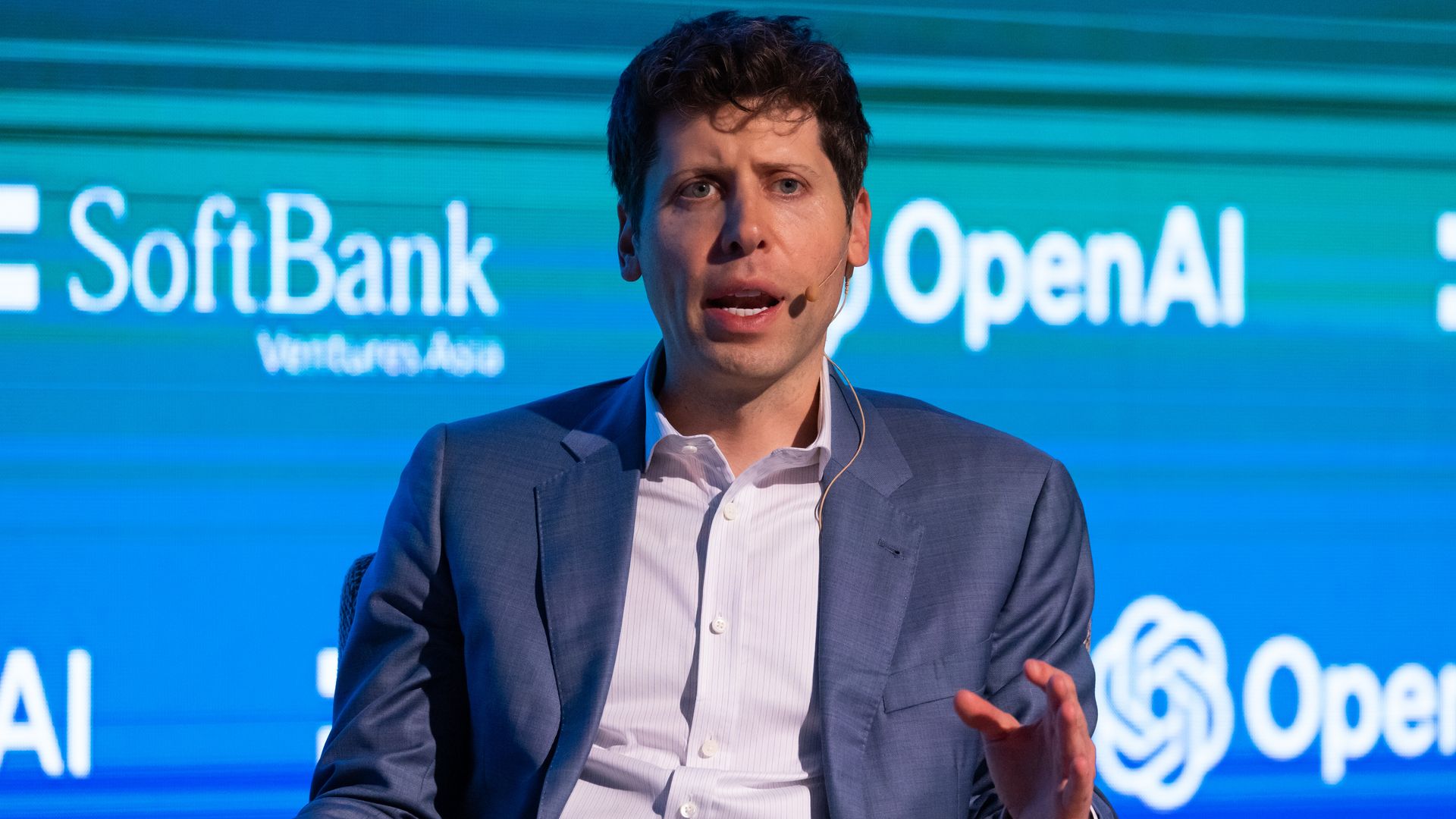Grokipedia Launch: Wikipedia’s New AI Rival Just Crashed Moments After Going Live- Elon Musk’s latest venture into artificial intelligence didn’t take long to make headlines — and not for the reasons his team might have hoped. On October 27, 2025, Musk’s AI company xAI officially launched Grokipedia, a new platform that aims to reinvent how knowledge is created and shared online.
The site went live with the promise of becoming a “truthful and intelligent alternative” to Wikipedia — but within hours, Grokipedia’s servers went down, leaving early users staring at blank screens instead of AI-written facts.
A Bold Step Toward Machine-Written Knowledge
Grokipedia is powered by Grok, xAI’s conversational chatbot that’s trained on real-time data from the internet. The concept is simple yet ambitious: to build an encyclopedia written and maintained not by human editors, but by artificial intelligence.
According to xAI, the system continuously gathers, analyzes, and rewrites information to keep it updated and bias-free. At launch, the platform featured a minimalistic homepage labeled “Grokipedia v0.1”, with a clean design and a single search bar — no ads, no distractions, just pure information.
The site reportedly contained around 885,000 articles at launch, a fraction of Wikipedia’s vast database but still an impressive number for a new entrant. Many early users described Grokipedia as a blend of simplicity and futuristic ambition — a glimpse at what AI-driven knowledge platforms might look like in the years ahead.
Then Came the Crash
Excitement quickly turned to frustration when Grokipedia went offline just a few hours after its debut. The platform, which had been accessible on Grokipedia.com, suddenly began timing out, showing error messages or completely blank pages.
Though xAI didn’t immediately issue an official explanation, the likely cause was obvious: an overwhelming surge of traffic. With Musk’s massive online following and the curiosity surrounding anything he launches, Grokipedia’s servers probably couldn’t handle the flood of visitors trying to test it out.
By evening, the site was partially restored, but the brief crash highlighted the challenges of scaling a platform that aspires to rival one of the internet’s most visited websites.
Mixed Reactions and Familiar Content
When the site returned online, users began digging deeper — and some found that Grokipedia’s content looked oddly familiar. Several entries appeared to closely resemble Wikipedia articles, albeit rewritten in a more conversational or AI-styled tone.
That discovery sparked debate about originality and transparency. Was Grokipedia simply repackaging existing information under the banner of AI innovation? Or was it using public data as a foundation for a smarter, continuously evolving knowledge base?
Unlike Wikipedia, which allows anyone to edit and fact-check articles, Grokipedia’s editing process is handled entirely by AI. Users can suggest corrections, but the platform doesn’t offer open editing rights. This centralized approach could help prevent vandalism and misinformation, but it also raises questions about accountability — if the AI gets something wrong, who’s responsible for fixing it?
Musk’s Vision: “Purge the Propaganda”
Elon Musk has long criticized Wikipedia for what he calls “biased narratives.” In the weeks leading up to the launch, he promised that Grokipedia would be “a massive improvement” — a platform that prioritizes truth, free thought, and objectivity.
Musk’s goal, he says, is to build an AI system that not only processes facts but also understands context — one step closer to xAI’s broader mission of “understanding the Universe.”
Still, critics argue that true neutrality in information is nearly impossible, especially when controlled by algorithms. Even the best AI reflects the biases of its training data and creators. For now, Grokipedia remains a work in progress — part experiment, part statement.
The Road Ahead
The launch of Grokipedia — crash and all — marks a turning point in how AI and information may intersect in the future. If successful, it could become the first large-scale AI-written encyclopedia, capable of updating itself faster than any human team ever could.
But its rocky start shows just how difficult that dream will be to achieve. Technical hiccups, content duplication, and trust issues will all need to be addressed before Grokipedia can seriously rival Wikipedia’s credibility and global reach.
Still, the project’s ambition is undeniable. With xAI’s growing influence and Musk’s relentless pursuit of innovation, Grokipedia might just be the first step toward a new kind of internet — one where knowledge isn’t written by people, but by the machines that learn from them.
Could Sub-1nm Chips Be the Key to Ultra-Fast, Energy-Efficient Electronics? | Maya




